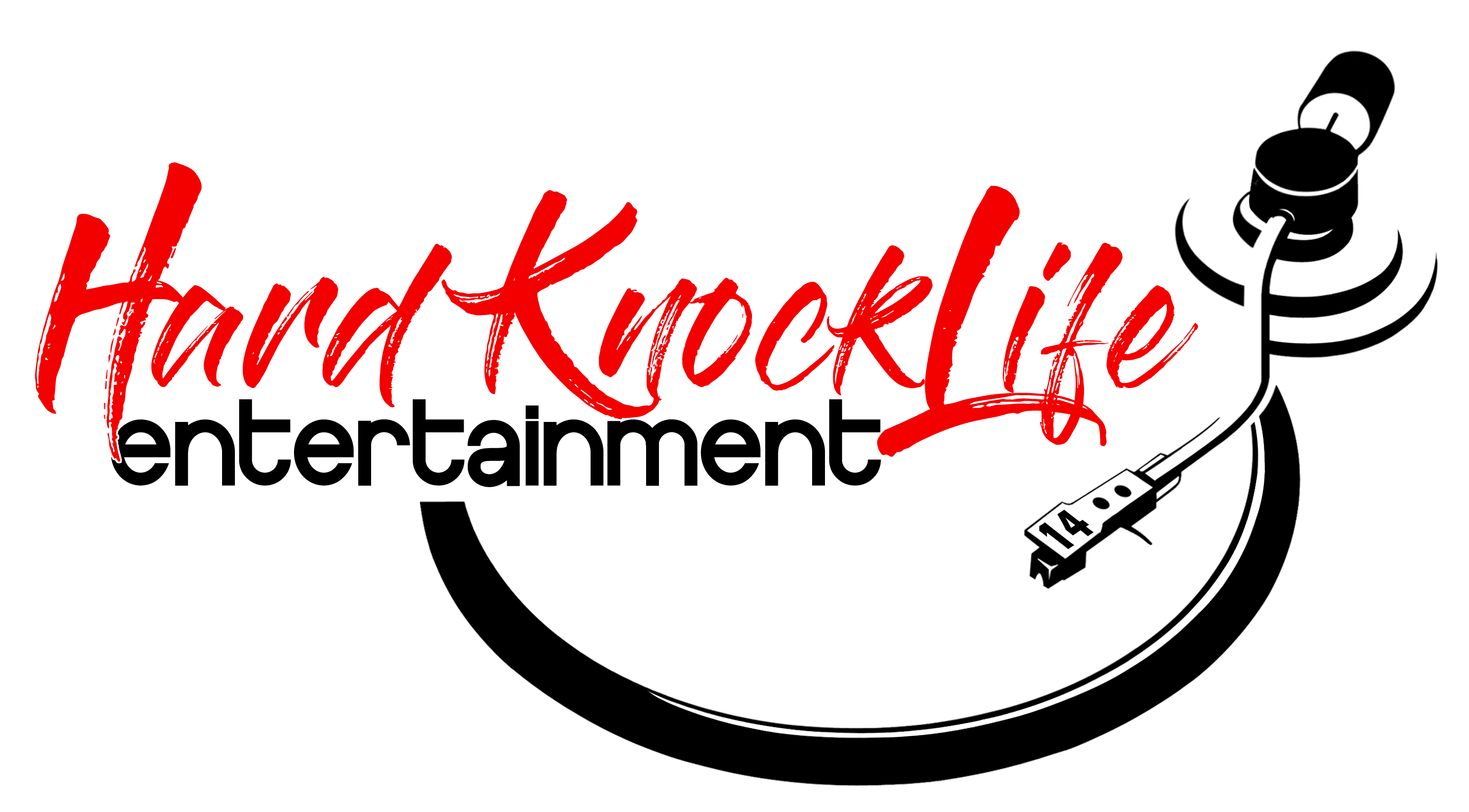Hardknocklife Entertainment – FAQ

Q. Is a website necessary?
A. Yes. A website describes your brand and demonstrates you are business ready.
Q. Should an artist/musician hire an attorney?
A. We encourage anyone to retain an attorney to ensure they are making the best decisions for their brands.
Q. Should I barter for services?
A. Also known as TFP/S (Trade For Print/Services). This is when you DO NOT receive payment. Also known as Service for Service without pay. At times this can work in your favor but it can be a very slippery slope. Consult your legal and/or management team for guidance beforehand.
Q. I’m not sure how to find a producer. Where should I start?
A. We encourage you to conduct an internet search for recording studios in your area. Many recording studios have in-house producers and/or engineers for an additional fee.
Q. What should I talk about in my music?
A. Be authentic. Music lovers want to be able to relate to a musician.
Q. Do I need a manager if this is a hobby?
A. No, you do not need a manager if this is a hobby. When you want to level up and make a living from your hobby, you’re now in career territory. This is where we step in.
Q. What is a P.R.O. and How do I locate them?
A. A P.R.O. is a Performance Rights Organization and you can locate them
on www.BMI.com, www.ASCAP.com, www.SESAC.com
Q. How do I get information about soundexchange for artists?
A. Go to www.soundexchange.com ![]()
Q. How do I copyright my work?
A. Go to www.copyright.gov
Q. I want to get booked onto shows, isn’t my manager supposed to handle getting musicians booked?
A. No. A manager is not a booking agent.
Q. How do I get a booking agent to book me for shows?
A. Contact the booking agent and find out their criteria. There are several outlets available to independent artist and one of them is Sean Healy www.webookbands.com
Q. Q. Does my manager pay for music videos, photoshoots, stylist, make up, artist, studio sessions, production of album and/or songs, personal bills, travel, showcases, marketing, promotion, wardrobe, feature, etc.? If not, how are these expenses covered?
A. No. A manager generally does not cover expenses such as these. It is up to the artists to invest in their careers. If a artist finds a financial investor and/or if a manager invests in an artist those expenses are reimbursed to said investor by the artist, usually before the artist receives payment.
Q. What if I have questions or concerns about a contract? Should I speak with an attorney?
A. We absolutely encourage you to seek legal advice.
Q. I have a “hot song” and need someone to take me to the next level. Do I need a manager?
A. It’s more about the artist and brand, not the “hot song.” Most managers will NOT consider the artist for management based on a “hot song” if the artist does not have some kind of branding first. ie: social media, website, following etc.
Q. Should I send out e-mail blast with my music to industry professionals?
A. NO. We strongly discourage you from sending out unsolicited music. The receiver may not open the email due to virus concerns and they are not familiar with the sender.
Q. How do I get my music placed in FILM, TV and Commercials?
A. Placements are processed by music supervisors who have relationships with publishers, producers, etc. You need a foundation of professionals looking out for you before this can take place.
Q. How are managers paid?
A. Commission. They get paid when you get paid, and usually before you.
Q. Should an artist pay for consultations?
A. Depends on the artist needs.
Q. Should an artist sell tickets and/or promote a show they are booked on?
A. 100% YES. Especially if you are an up and coming artist. An artist has direct access to their fan base, so it’s vital that the artist promotes their shows on all available platforms.
Q. Why do I have to pay for advertisement as a music artist?
A. You are most likely a unknown artist. You will have to get your brand visible to attract buying consumers.
Q. I didn’t end my previous relationship with my manager on good terms but I have a better understanding of the business now. I would like to return to that manager for representation. What is the best way to approach my former manager?
A. It varies case by case. If you are not able to return to your previous manager, don’t let it discourage you and be honest when speaking to your next manager about the lessons your learned. Be humble before anything else, your career depends on it.
Q. Who are some of your management influences? Why?
A. There are so many great managers out there. The ones that truly resonate with me are Wendy Day, Miles Copeland, Roberto Noriega, Deb Antney, Scooter Braun, and J Hatch.
I appreciate them sharing their experiences and how they continue to navigate through their trials/tribulations in an ever-changing industry.
A Special Note:
It is important to be proactive, invest in your brand and do your own research. Do not wait for someone to give you the answers for your career. Instead learn the business and employ individuals that have the same end goal in mind as you. Remain humble, be consistently willing to learn and embrace the process.


